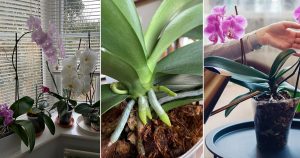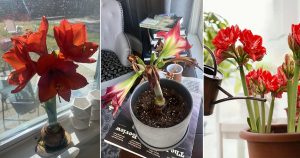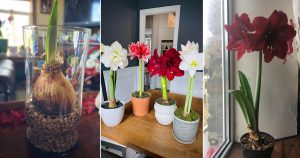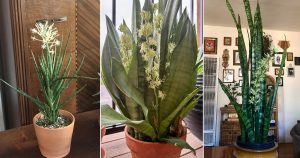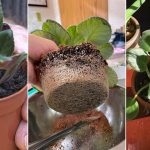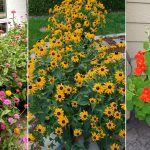Sometimes nurseries can be overwhelming. Especially when you’re visiting an independent nursery (i.e. not Home Depot) that you’ve never been to before. They can have more plants in one place than you’ve ever seen before, and a good 75% of what’s there is completely new to you. How can you use your time efficiently to find the right plants for your garden?
I found this article from the Seattle Times to be really helpful. They have seven tips, to which I’ve add some of my own commentary:
- Pick a time when you will be relaxed and won’t need to rush off to an appointment afterwards. It’s less likely that you’ll purchase something you don’t need or is wrong for your garden if you give yourself time to think things through.
- Write out a rough list of what you need/want. Don’t be so rigid that you ignore something new and beautiful, but if you have a game plan of what you need, you’ll be able to better judge if you really have room for the new/beautiful plant or not. And you’ll move through the nursery more efficiently if you know what you need.
- When you arrive, take a second to look around and figure out where the six packs of annuals are, where the fruits and vegetables are, where the shade plants are, where the 1 gallon perrenials are, and so on.
- When you pick up a plant, read it’s tag and any sign the nursery has put up about that plant. Does the location in your garden have the right about of sun? Is there enough room for it when it has reached its final size?
- Check out the containers they have for sale and the demonstration beds. There is nothing wrong with stealing ideas from the nursery. The people who designed those beds and containers are most likely plant experts and know a lot about the plants that work well in the area.
- Talk to the people who work at the nursery. A good nursery will know when you can get certain plants, or if now is a good time of year to special order a particular plant that you’ve been looking for. They will also be able to make plant suggestions or steer you away from a plant that won’t work in your garden.
- Consider more than just price. The cheapest plants are small annuals sold in six packs. They have their purpose, but there are times when it makes sense to splurge on more expensive plants. Perrenials, for example, will last for years. And every garden needs at least one or two really special “show stopper” plants.

